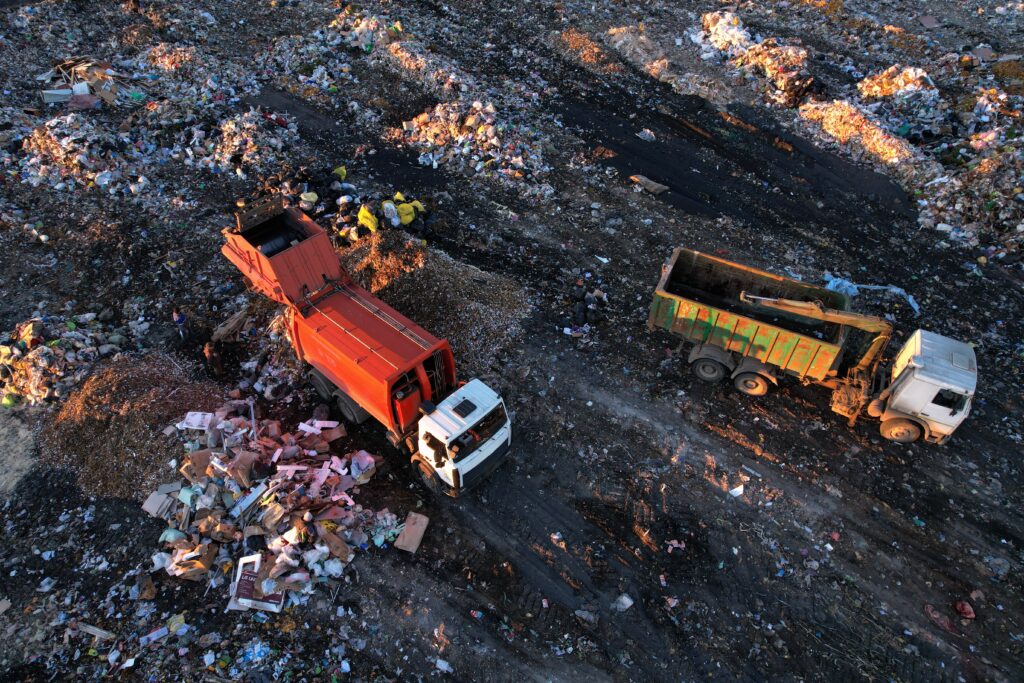The Association was responding to the government's consultation which is designed to support its position in European negotiations for the proposed new Directive. The consultation closed last week.
Representing the manufacturers of portable batteries and portable rechargeable batteries, the BBMA is an affiliate member of the European Portable Battery Association and said its position is in line with that of the EPBA.
Almost nine out of ten portable batteries sold in the UK are sold to the public, with most of the remainder sold to businesses. The majority of these batteries are disposed of through municipal waste collections, the BBMA said.
Portable rechargeable batteries are usually sold to original equipment manufacturers for use in electronics, and the BBMA said are already covered by the WEEE Directive.
Collection
The collection of batteries separate from other recyclable materials would be uneconomic and environmentally unsound, it said. Unless batteries are collected together with other materials, then sorted at a central point, the positive benefits of recycling would be overshadowed.
The BBMA said local authorities are best placed to “operate and manage environmentally effective and economically efficient integrated collection systems”.
It said: “Local authorities already have responsibilities, and offer services, that rest upon an existing collection and transport infrastructure, the environmental and economic cost of adding new waste products to the system is marginal.”
The Association said a system such as that used for packaging waste would be “wholly inappropriate” for the collection of portable batteries. This is because most waste packaging is collected from retailers and commercial organisations, it said. The BBMA seemed to suggest that the WEEE directive system would be a better model for batteries.
For the 10% of portable batteries arising from busineses, the BBMA said: “The government should require these users to separately collect them at the end of their life and transfer them to producers for recycling.”
CRO
The BBMA has proposed that a single not-for-profit collection and recycling company (CRO) should be set up by portable battery manufacturers to fulfil their legal obligations. Independent from the BBMA, the company would outsource all logistics, sorting and recycling of batteries and would not possess assets directly.
Collection responsibilities for the CRO would be limited to batteries from non-domestic sources and those arising from WEEE as well as the “incremental cost of collecting batteries within a local authority operated doorstep or bring collection scheme which includes wastes other than batteries”.
Targets
As for collection targets, the BBMA said those suggested by both the European Commission (160g per head of the population each year four years after adoption of the Directive) and the European Parliament (50% of battery sales after four years, 60% two years later) were “unrealistic”.
The Association said a more realistic target would be 110g per head of the population each year after five years of the Directive's adoption, or about 55% by weight of all portable batteries collected. It also said that the industry should only have to recycle 90% of non-sorted portable batteries.
Producers should be allowed to fulfil their responsibilities either individually or jointly with other producers, the BBMA said, reporting annually the weight of batteries collected and recycled.








Subscribe for free